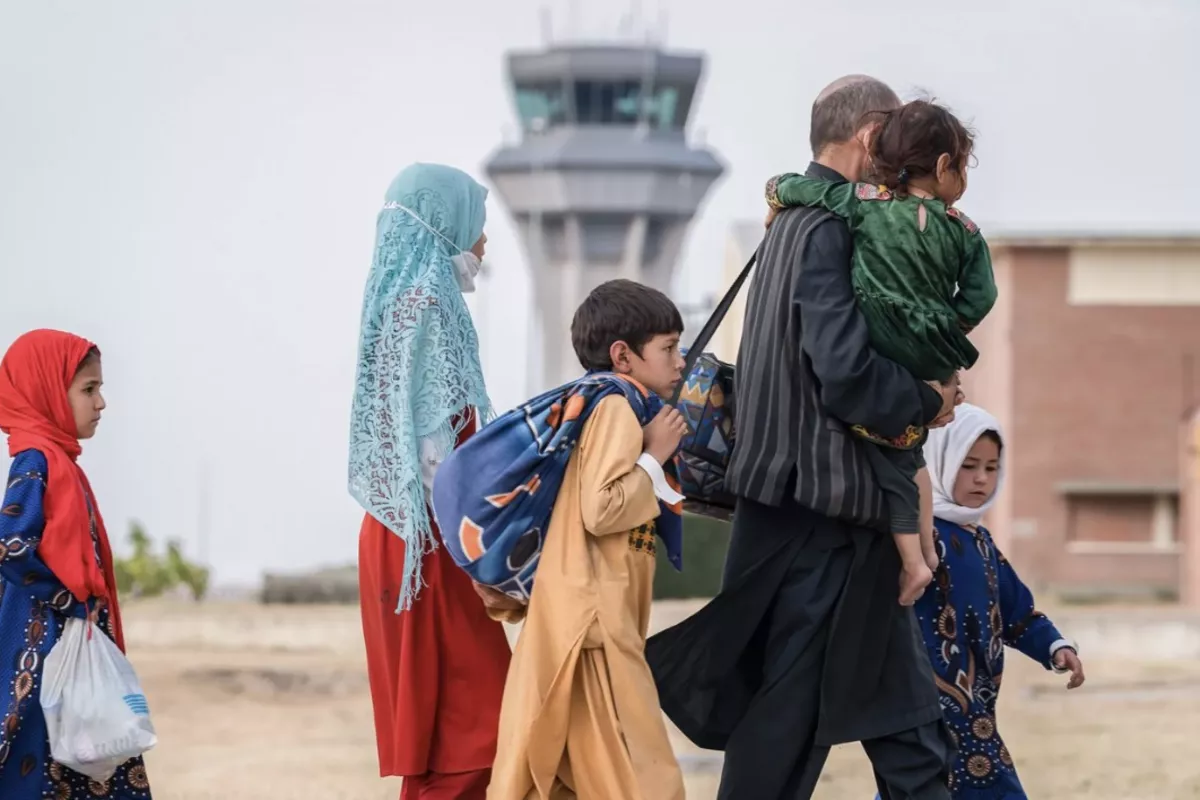
Photo credit: ircsgv.org
Tajik authorities have officially confirmed a large-scale deportation of Afghan refugees, citing serious violations of immigration laws and national security threats as the primary reasons for the crackdown.
In a statement issued by the Press Centre of the Border Troops under the State Committee for National Security, the government acknowledged that a growing number of foreign nationals-many of them Afghan citizens-have been expelled from the country, The Caspian Post reports citing foreign media.
The announcement comes amid a broader effort to tighten border controls in response to rising regional instability.
According to the statement, the influx of migrants is being driven by worsening political and economic conditions in neighboring countries. Officials noted that many individuals had either entered Tajikistan illegally or failed to comply with the country’s immigration and residency regulations.
“Given the complexity of the current geopolitical climate, a significant number of foreign nationals, including Afghan citizens, are residing in Tajikistan-many of whom entered the country unlawfully or have violated migration laws,” the statement read.
Border security inspections reportedly uncovered a range of violations, including involvement in drug trafficking networks; promotion of extremist ideologies; use of forged documents to obtain refugee status; and utilization of Tajikistan as a transit route for irregular migration, Caliber news outlet reported Wednesday.
Authorities underscored that such infractions posed a direct threat to national security and public order, and said the deportations were a necessary response. “These circumstances have necessitated the expulsion of individuals in breach of the law, including a number of Afghan citizens,” the statement said.
In one documented incident in April, approximately 50 Afghan refugees holding valid documentation from the United Nations High Commissioner for Refugees (UNHCR) were deported. Many of the individuals, who were reportedly working as taxi drivers in the town of Vahdat, were summoned by the local state security department.
Their documents were confiscated, and they were transported to the Afghan border in two vehicles.
The deportations have drawn concern, particularly from Afghan authorities. In early June, the Ministry of Refugees and Repatriation announced that 49 Afghan nationals had been deported from Tajikistan “for unknown reasons.”
Among them were 36 individuals with valid residence permits and 13 holding legal visas. They were returned to Afghanistan through the Sherkhan Bandar crossing in northern Kunduz province.
Tajikistan has historically served as a refuge for Afghans fleeing conflict, from the civil war of the 1990s to the post-2001 U.S. intervention, and again following the Islamic Emirate’s return to power in 2021.
The Tajik government, which has maintained an openly anti-IEA stance, initially welcomed Afghan refugees after the fall of Kabul.
Although no official census exists, current unofficial estimates suggest that between 10,000 and 13,000 Afghan refugees remain in Tajikistan. Many are still awaiting decisions on asylum or resettlement, with some hoping for relocation to countries such as Canada.
Share on social media